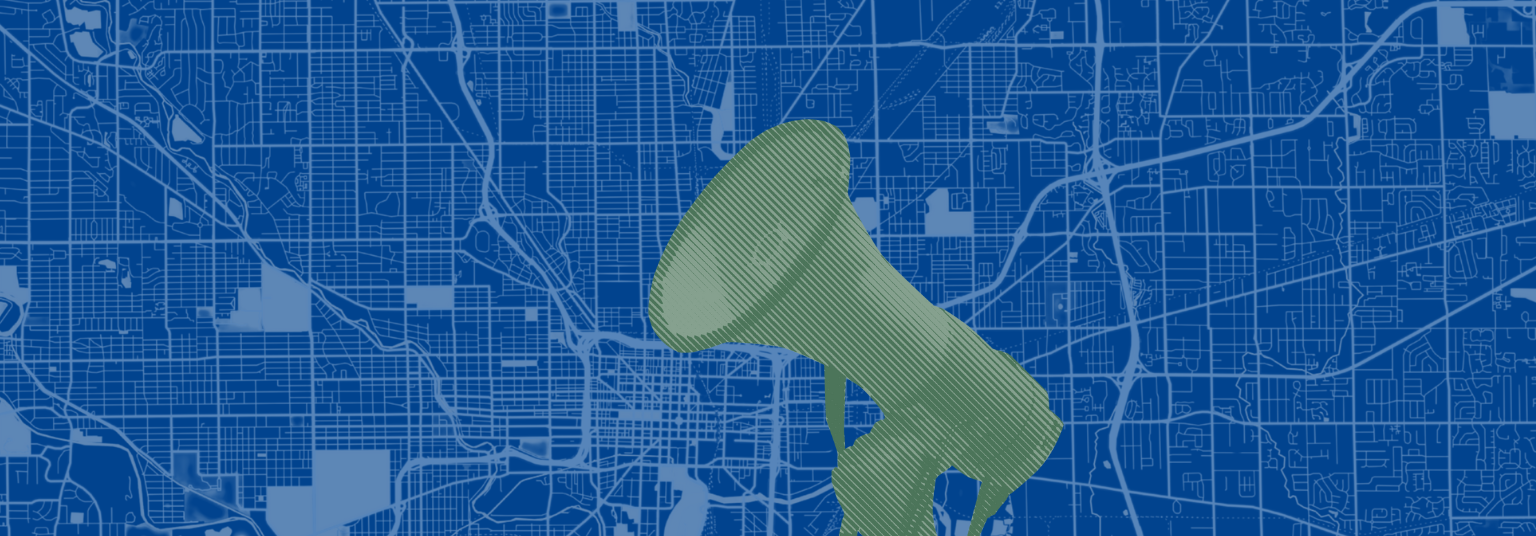

Fair Redistricting in Indiana
By completing this form, I agree to receive occasional emails per the terms of the ACLU’s privacy statement.
Last updated on December 12, 2025
Fair Redistricting in Indiana
Fair redistricting means maps that reflect communities — not politicians’ interests — by accounting for population change and racial diversity so every Hoosier’s voice counts. Mid-decade attempts to redraw Indiana’s districts for partisan advantage undermine our democracy and risk diluting the voting power of communities of color.
What's Happening
On Thursday, Dec. 11, the Indiana Senate rejected the unprecedented push for mid-decade redistricting after a months-long pressure campaign from Washington. House Bill 1032, the redistricting bill, was defeated in the third Senate reading. Thank you to everyone who called, wrote, testified, and showed up to demand fair maps.
Why Are Fair Maps Important?
The Indiana constitution requires the General Assembly to redraw district lines once every decade based on data gathered in the Census. These new district lines determine our political voice, shaping our lives and our communities for the next decade.
When it’s conducted fairly, redistricting accurately reflects population changes and racial diversity; it’s used by legislators to equitably allocate representation in Congress and state legislatures. However, when redistricting is used as a tool to manipulate electoral outcomes or discriminate against certain groups, it ceases to be lawful and equitable, and we call it gerrymandering. Throughout history, legislators have used gerrymandering to attack the right to vote and weaken the voting power of certain communities. Using these tactics, legislators manipulate voting district lines in ways that dilute the voting power of communities — especially communities of color.
In 2025, politicians in Washington have pressured Indiana lawmakers to do just that: redraw maps mid-decade in a transparent power grab.
Politicians should earn electoral victories by engaging with their constituents and championing policies that improve lives, not by manipulating district lines. In other words, we the voters should choose our elected officials, not the other way around.
Related Issues
Related Content

- Voting Rights

